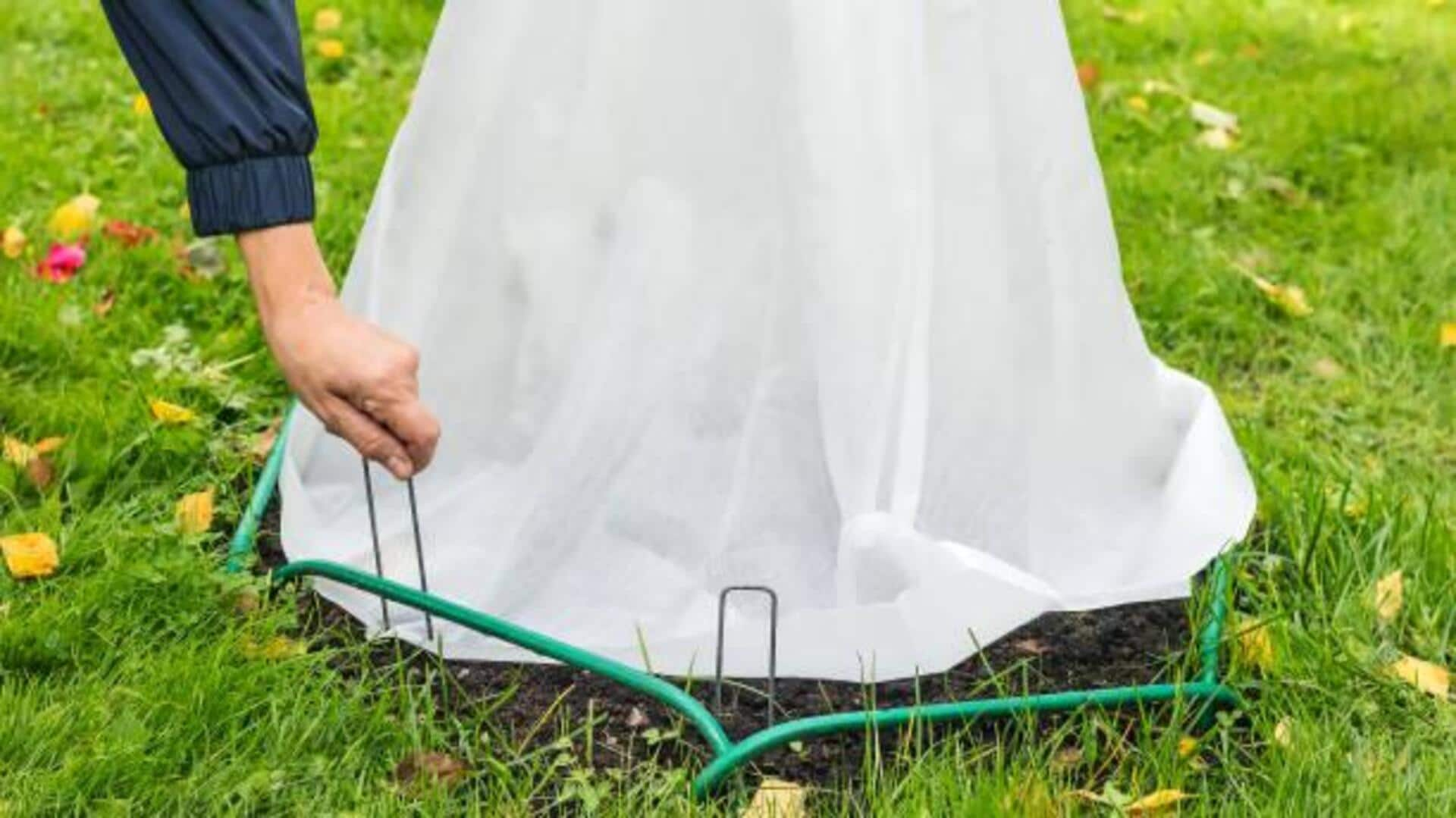
How to convert fabric scraps into planter covers
What's the story
African fabric scraps are colorful, rich in culture, and perfect for upcycling projects. By turning these offcuts into planter covers, you can add an artistic touch to your home while promoting sustainability. This way, you not only reduce waste but also celebrate African craftsmanship. The project is simple yet rewarding, making it an ideal choice for those looking to blend creativity with eco-friendliness.
Fabric selection
Choosing the right fabric scraps
Selecting the right fabric scraps is key to making beautiful planter covers. Go for pieces that are durable and have vibrant patterns. Cotton and linen are great options as they are sturdy and easy to work with. Make sure the fabrics are clean and free from any damage that may affect the final product.
Measurement tips
Measuring and cutting techniques
Proper measurement ensures that your planner covers fit perfectly. Start by measuring the diameter and height of your planters. Use these dimensions to cut your fabric scraps accordingly. Leave an extra inch or two for seams and adjustments. Accurate cutting helps maintain a neat appearance in the finished cover.
Sewing techniques
Sewing methods for durability
Sewing is the best way to ensure your planter covers are durable and last long. Use a sewing machine or hand stitch if you prefer. Use a straight stitch for the seams, and reinforce the edges with zigzag stitches to prevent fraying. This way, the seams are strong, and the cover fits well.
Decoration ideas
Adding decorative elements
To make your planter covers even more appealing, you can add decorative elements like buttons, beads, or embroidery. These additions can enhance the visual appeal of the covers while also reflecting personal style or cultural motifs from the fabric used.